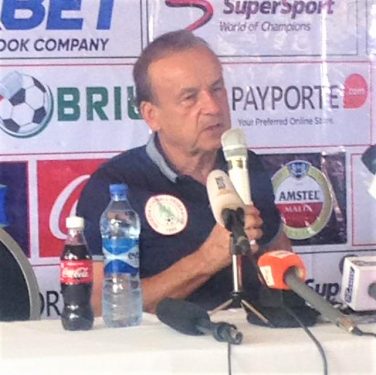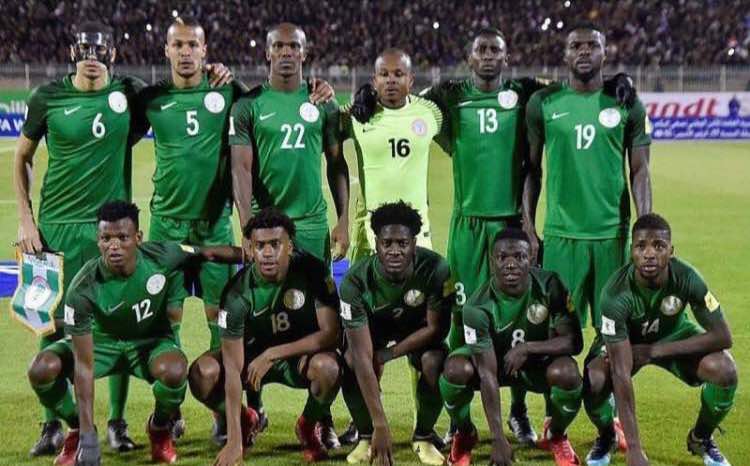In the last few weeks, particularly after a Nigerian selection played against Atletico Madrid’s selection in Uyo, we have learned yet again about the concepts of building a team.
Make no mistake about it, the rumblings following that game or those that precede every World Cup for Nigeria provide an insight to beliefs about team building. So it was not entirely surprising that the call for inclusion of new players, at the last moments, in the World Cup squad reached fever pitch in the last few days.
It is the usual and not an aberration.

It seems, quite illuminating, that there are those who believe the best Nigerian team is the one that has the best ball players. It is similar to a selection of all stars on a Sunday recreational league game.
On the other side, competent coaches struggle to guard against that type of thinking as Rohr has demonstrated in the last few days. For him, a TEAM (I use all caps deliberately) is not a mere selection of the best ball players or a search for an all-star selection.
An efficient system is not simply the sum of all individual parts to it. Instead, an efficient system is and should be greater than the sum of its individual parts and the element that is critical to ensuring a greater outcome than merely a sum is what is called the team’s chemistry. It is the factor that ensures an efficient TEAM.
An efficient system is not simply summing up all the stars one has in his or her arsenal, but in thinking much deeper about individual roles, how those roles complement each other, not just on the field but outside of it.
The coach has to observe each player as he seeks for a fit into the TEAM and is then able to visualize the TEAM’s output.
By suggesting monumental changes to a World Cup-bound team or inserting players at the last minute negates an understanding of what a TEAM is or the chemistry required to make it tick.
That, surely, cannot be achieved at the last moment or by fielding a collection of an all-star cast. On the contrary, a TEAM is built over a long period of time and only few changes may be necessary at the last moments and only when an incoming part has a discernible and clear value that does not currently exist in the team.
Unfortunately, we rarely look back at history, our own, to avoid future mistakes. But here is a history lesson.
On October 10, 1982, Nigeria faced a critical World Cup qualifying game against Algeria at home. Rather than focus on tweaking the team, the coach was persuaded to make major changes. Nigeria’s former “Big-name” players including Andrew Atuegbu, Thompson Usiyan, and Christian Nwokocha were recalled from foreign lands. Christian Chukwu was called back from retirement.
None of them had been involved in Nigeria’s preparation for more than a year. Yet they were inserted into the starting them. The team was without doubt Nigeria’s all-star selection. However, chemistry disappeared and by half time, Nigeria was down 0-2 at home! It was too late.
When Gernot Rohr makes his decision on his final squad, one fully expects the visualisation of a TEAM to be the primary basis for his final selection and not the goal of an all star XI.
That is the fundamental theory about an effective and efficient system and that does not only apply to human organsations but also to football organisations. It is notable and should be appreciated that the national coach has his mind in the right place on this matter.









